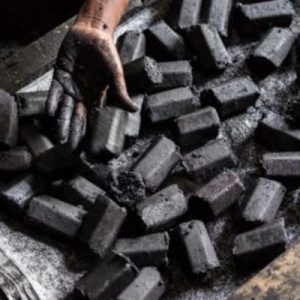
Agriculture
November 30, 2024
Kencoco Ltd Charcoal Briquettes
Read SolutionImplemented by
Kencoco Ltd
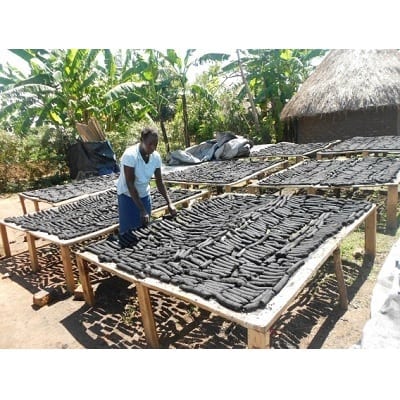
Updated on November 22, 2024
·Created on August 27, 2015
Distributed in Uganda, AEST briquettes are made from various recycled agricultural wastes and ready for a single use.
Made and sold by Appropriate Energy Saving Technologies Limited, AEST Agricultural waste briquettes are charcoal briquettes from various recycled agricultural wastes.
AEST is based in Soroti, Uganda.
Target SDGs
SDG 7: Affordable and Clean Energy
SDG 3: Good Health and Well-Being
Target Users (Target Impact Group)
Household
Distributors / Implementing Organizations
AEST
Countries
Uganda
Manufacturing/Building Method
Mass produced using a specially constructed motorized extruder using an old meat grinder.
Intellectural Property Type
Select Type
User Provision Model
Women in Uganda distribute the briquettes. Customers can come to the local shops, or may go straight to the production site to purchase them in Uganda. AEST also takes orders for mass quantities.
Distributions to Date Status
Over 50,000 kg of charcoal. Over 1,000 individual households, 2 orphanages, 15 schools, 40 restaurants, and 10 hotels have used this product.
Material composition
Agricultural waste
Higher heating value (MJ/kg)
Unknown
Types of primary pollutants
CO
Design Specifications
Diameter: 5 cm
Length: 20 cm
Weight (kg): 0.05 - 0.10
Technical Support
Provided by the manufacturer
Replacement Components
Single use product.
Lifecycle
N/A, single use product
Manufacturer Specified Performance Parameters
Smokeless and sootless and 40-50% energy conserved.
Vetted Performance Status
Unknown
Safety
Guidelines provided by AEST must be followed when manipulating the product.
Complementary Technical Systems
AEST also produces and distributes its own clean cooking stove to go with the briquettes it produces to enhance the efficiency and reduce emissions.
Academic Research and References
O’Neill, M., Wagner, A (2017). Wear-Resistant Extrusion Auger for the Production of Charcoal Briquettes from Agricultural Waste. Mechanical Engineering Senior Thesis. Santa Clara University.
Wang, L (2016). The identification and validation of case hardening for extending charcoal briquette extruder lifespan. Massachusetts Institute of Technology. Department of Mechanical Engineering.
Further academic research is here.
Appropriate Energy Saving Technologies. 2019. Crunchbase. 2019.
Compliance with regulations
None.
Evaluation methods
MIT D-Lab has conducted various tests on the briquettes, including: moisture content, ash content, indoor air quality measurements, and emissions. AEST also conducted field testing to gain feedback from the community to determine the likelihood of the product being adopted by the communities.
Other Information
AEST's awards and recognition here.

Agriculture
November 30, 2024
Implemented by
Kencoco Ltd
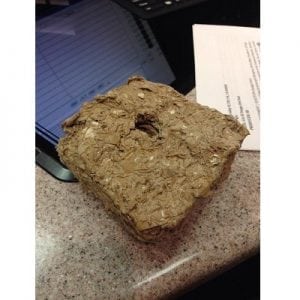
Agriculture
November 30, 2024
Implemented by
El Fuego del Sol
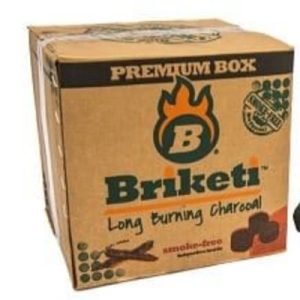
Agriculture
November 22, 2024
Implemented by
Green Bio Energy
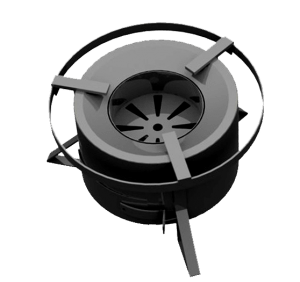
Agriculture
November 19, 2024
Implemented by
Kenya Stove Works Ltd.
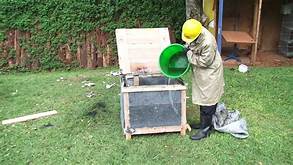
Agriculture
January 19, 2024
Implemented by
Open Source
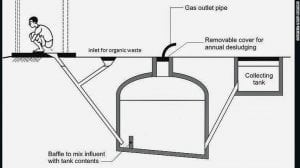
Agriculture
February 3, 2024
Implemented by
Greenpact

Agriculture
January 21, 2024
Implemented by
Cambridge Industries Ltd.
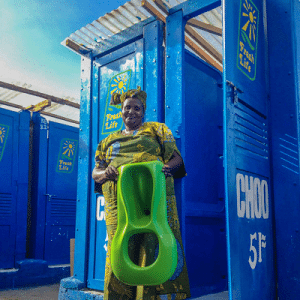
Agriculture
August 17, 2024
Implemented by
Sanergy

Agriculture
January 17, 2024
Implemented by
Sanima
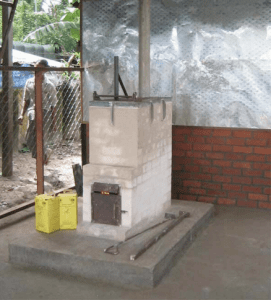
Agriculture
January 10, 2024
Implemented by
Professor D.J. Picken
Have thoughts on how we can improve?
Give Us Feedback